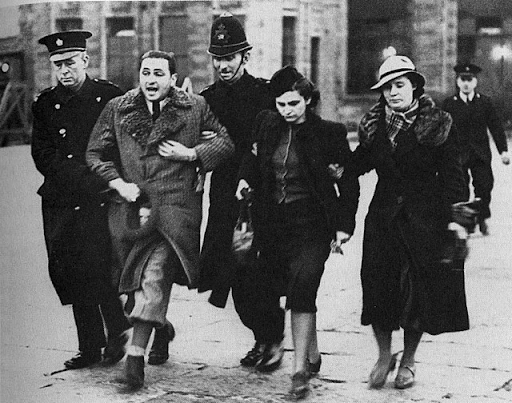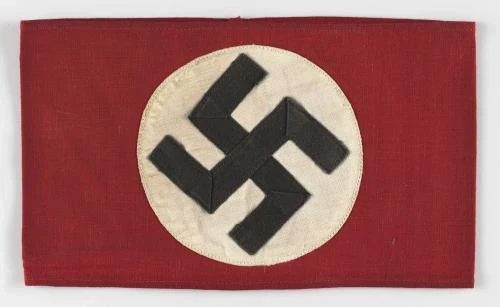Becoming a refugee often involves losing more than just one’s home country. Perhaps one of the most important is the sense of belonging. This feeling is synonymous with feeling accepted and included and indeed helps people feel at home. Hence, after leaving their birth homes, refugees tend to look for a sense of belonging in the countries in which they are resettled. This search takes on different shapes and forms, and refugees tend to achieve it in their own unique ways.

In this “Moment in U.S. Diplomatic History,” we see this story play out via excerpts from Stephen K. Keat’s oral history. Keat, a foreign service officer, recounts the story of his dad and uncle—refugees from what was then known as Austria-Hungary—both trying to fit in in the United States.
Keat was interviewed by Charles Stuart Kennedy on September 12, 2012.
Read Stephen Keats’s full oral history HERE
Drafted by Maryam Masoud
ADST relies on the generous support of our members and readers like you. Please support our efforts to continue capturing, preserving, and sharing the experiences of America’s diplomats.
Excerpts
“I’m a child of refugees; my parents came to the United States to escape persecution in Europe.”

A Jewish anti-Nazi activist in the escape:
KEAT: When the Germans invaded Sudetenland they were looking for my father both because of his anti-Nazi activities and because of his Jewish background. But by this time my family had moved to Prague. My uncle was able to get to China. He was one of the Shanghai Jews and he knew for example, W. Michael Blumenthal, Carter’s Treasury Secretary….
My father was able to first get to the UK and then get a visa to come to the United States. His mother was not able to get a visa to come to the United States. She could have gone to Shanghai, but they thought that in Shanghai the climate would be unhealthy for her and they figured they would eventually be able to get her into the States. They were wrong and she ended up dying in a concentration camp. My father settled in New York City like so many immigrants. The first thing he did to survive was to sell postage stamps. My uncle was a stamp collector. When you were leaving Czechoslovakia at that time, you were not allowed to take currency with you. My uncle bought valuable stamps and he gave them to my father. So when my father was in New York, one of the first things he did to survive was to sell those stamps.…
“For some people stamps represented an opening to the world.”
Changing Name—A Strategy to Fit in the United States:
KEAT: My uncle wanted to have an American name; they ended up with Keat because they had looked in the New York phone directory for names. These two young Czech men didn’t really have the foggiest idea of what they were doing and they came up with the name MacGillicuddy. While it is a perfectly fine name and there is nothing wrong with it, but it probably wasn’t what they were really trying for. My father must have given my uncle power of attorney. Paul went to change the name. They were both working at the same time at the same factory. My father was talking with one of the co-workers and the coworker said, “Frank, where is Paul today?” He said, “Oh he’s going to change our name, we want a real American name so we will fit in.” He said, “What are you changing it to?” He said, “MacGillicuddy.” The coworker explained to him that this was probably not what he was looking for. My father caught a taxi to city hall and apparently literally stopped them at the point where the judge was going to sign the papers to make them MacGillicuddy. They opened the New York phone book and they put their finger down and said, “Keat! How is that?” The judge said, “Yes, that’s good.” They said, “All right we’ll take that one.” So that’s how we became Keat.
TABLE OF CONTENTS HIGHLIGHTS
Education
BA in Economics and Government from Franklin and Marshall College in Lancaster, 1974–1978
MA in Political Economy, University of Toronto, 1979
Ph.D. in Political Science, University of Toronto, 1983
Entered the Foreign Service 1983
Economic Officer—Mogadishu, Somalia 1986–1988
Economic Officer—Madrid, Spai, 1990–1992
Economic Officer—Manila, Philippines 1994–1997
